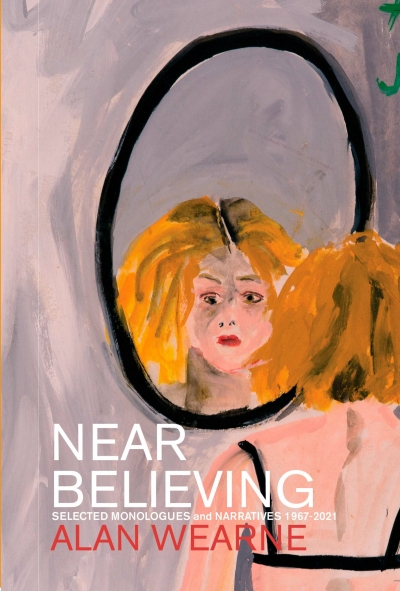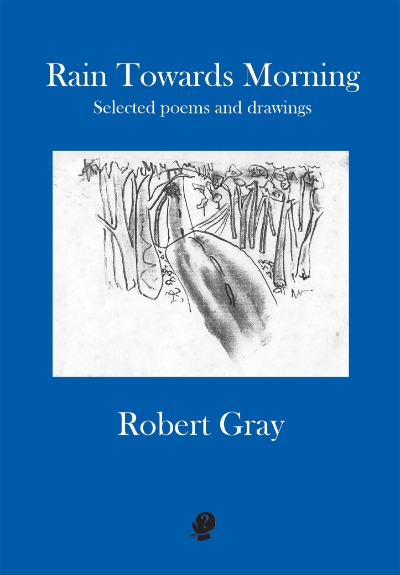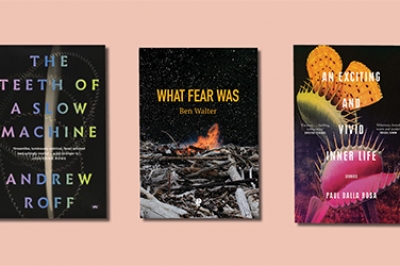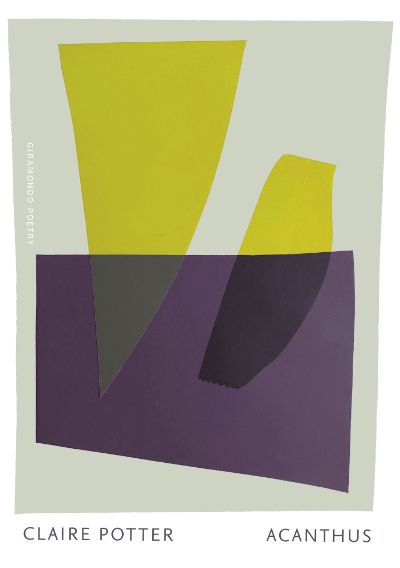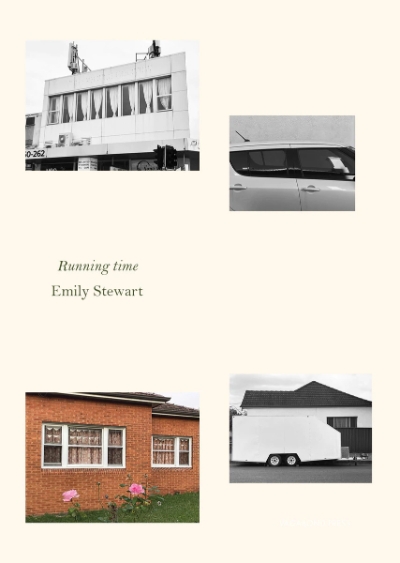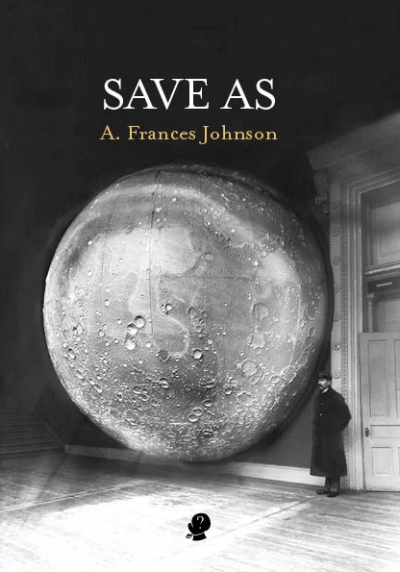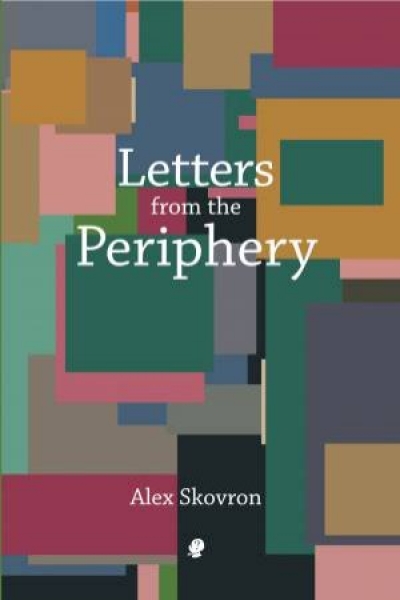Puncher & Wattmann
Near Believing: Selected monologues and narratives 1967–2021 by Alan Wearne
Rain Towards Morning: Selected poems and drawings by Robert Gray
In the wake of other recent compelling débuts – Paige Clark’s meticulously crafted and imagined She is Haunted being a standout – three new short story collections, varying markedly in tone, style, and setting, offer bold and unsettling visions of twenty-first-century life.
... (read more)Running time by Emily Stewart & Inheritance by Nellie Le Beau
I was surprised by the title of Melbourne-based Anne Elvey’s recent collection, Obligations of Voice (Recent Work Press, $19.95 pb, 89 pp). Though quite a mouthful, it’s bravely deliberate; Elvey wants you to slowly voice and feel the syllables. Several poems centre on the mouth or lips for political, theological, even surrealist ends. The poem ‘Afternoon Tea, Seaford Beach Café’ begins with the line ‘A woman stands’. Floating in the right margin is the phrase ‘at the back of a throat’. These fragments coalesce to describe the woman’s mouth or the mouth she’s lodged in. Breathing and ‘charcoal’ gums are collaged with the ‘Dark // corrugations’ and the landscape of the sea. The last line surprises by changing tack: ‘A skiff // bounces on a swell.’ This clipped linguistic dexterity, with a flash of painterly movement, characterises Elvey’s nuance and facility.
... (read more)Maria Takolander’s fourth book of poetry, Trigger Warning (University of Queensland Press, $24.99 pb, 100 pp), is a sharp and arresting collection, fierce in its emotions and determination to make language do the hard work of speaking that which hovers at the edge of articulation. This is a poetics that traces everywhere the lurking presence of the disruptive – in domestic life, in global crises, even in our most intimate experiences. Takolander’s courageous poetry becomes both a landscape in which to inscribe what is unbearable and a sphere in which it might be, at least partially, managed.
... (read more)Toby Davidson’s first collection, Beast Language, was published nine years ago. That feels surprising: its freshness then makes it feel more recent now. Much of the movement in that book is present in his new collection, Four Oceans (Puncher & Wattmann, $25 pb, 93 pp), literally so, as we begin with a long sequence aboard the Indian Pacific from Perth to Sydney. It’s his younger self again, leaving home for the ‘eastern states’, but with an esprit de l’escalier twist, as that younger self gets to see and describe everything with the eye and language of the older, freer, more assured Davidson.
... (read more)
